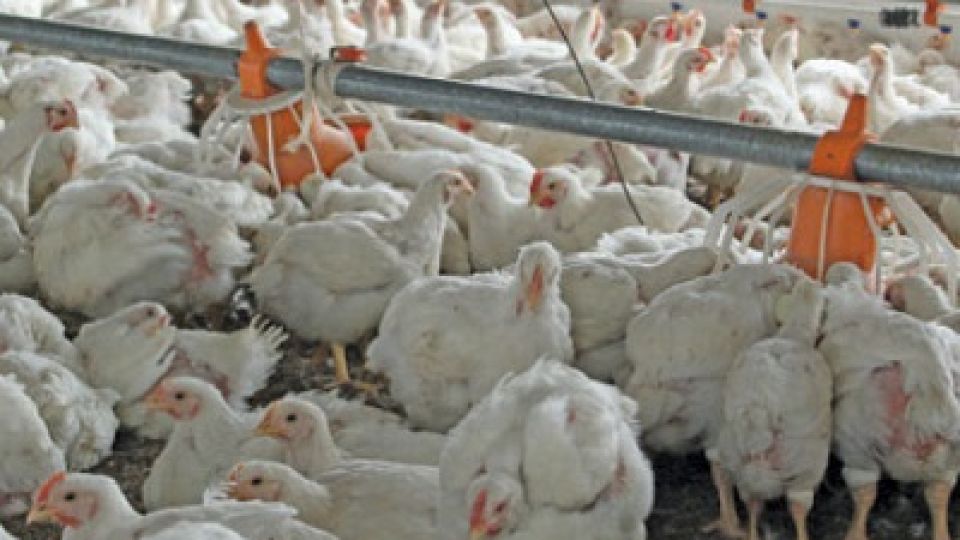by SAVIOUS KWINIKA
JOHANNESBURG, (CAJ News) – VIRUSES do not only attack poultry, as one of South Africa’s most vocal organisations in the sector has been reminded.
This at a time the country is going through arguably its worst avian flu outbreak to hit its poultry industry and the South African consumer.
ChickenFacts announced its website had been attacked and disabled.
“We therefore have to find solutions to continue working,” the organisation stated.
“And fortunately for the poultry industry, the various role-players have recognised that this existential threat needs co-ordinated action.”
“We hope to have our website repaired within the next few days, where we will bring you (media) the widest variety of voices in the industry, and views and information you can use,” ChickenFacts stated.
Chicken is a major source of protein for a majority of the poor in South Africa.
However, the latest outbreak of avian flu is currently decimating the industry.
Major retailers have been scrambling to get supplies for eggs as farms cull chickens.
There are fears that eventually, the price of chicken could rise in this industry that is highly emotive.
“Unless South Africa is prepared to accept a future where chicken becomes luxury foodstuff, it cannot be business as usual in the face of the unprecedented avian flu,” said Fred Hume, Managing Director of Hume International.
It is an import/export company based in Gqeberha, formerly Port Elizabeth.
Despite the announcement by the Trade and Industry Minister, Ebrahim Patel, this week that they were considering a temporary rebate on import duties, Hume believes that long drawn-out commissions and investigations hamper the flow of trade.
“Our government needs to have more flexible policies when threats face the poultry industry,” Hume said.
“They (government) must make it possible to open markets and adjust tariffs much faster and with less red tape. Avian flu is here to stay, and so we need to look at bio-security in a whole new light,” he added.
Paul Matthew of the Association of Meat Importers and Exporters (AMIE) argued the South African poultry industry is “disingenuous” when it comes to imports.
He cited sentiment this week that importers had reacted to the outbreak by importing more chicken, and that imports could be as much as 50 000 tonnes per month.
“I really don’t know where they get these figures from, because the latest import statistics show that last month’s bone-in poultry imports were around 3 000 tonnes,” Matthew said.
He said it was “extremely unrealistic” to think that the world is waiting to assist South Africa with cheap poultry.
“Our local food service businesses have specific requirements and approval processes that take time to be negotiated and these cannot be substituted with imports overnight,” Matthew said.
He noted world-wide, producers were cutting back on production.
The official said additionally, local authorities were slow to open markets after avian flu outbreaks with stifled negotiations.
“And the ultimate reality is that imported chicken is no longer affordable because of the depreciating rand and increased duties,” Matthew argued.
The main opposition Democratic Alliance (DA) is advocating for the suspension of tariffs on poultry, citing the unprecedented avian flu outbreak as a national threat to food security.
“Food producers are already under pressure from load shedding,” said Dean Macpherson, DA Shadow Minister for Trade, Industry and Competition.
Macpherson noted millions of chickens had already been culled, which has led to substantial losses for producers and led to shortages.
“There is already a shortage of eggs, and we are likely to see a reduced supply of poultry meat in the coming months,” the opposition politician warned.
The Department of Trade, Industry and Competition has maintained tariffs, which are aimed at protecting large domestic poultry producers, as a measure to bolster local industries.
Yet critics believe this approach has limited competition and kept prices high. They believe tariffs were lifted, this could see a price reduction of up to 33 percent and within reach of the majority poor.
Hume said the South African government needs to adopt a much more nimble approach to local production and international trade.
“This is urgent,” he said.
“We need to work out – everyone in the industry – how to meet and mitigate the shocks to food security in South Africa.”
An economy emerging from the battering of COVID-19 and corruption is meanwhile taking a knock as neighbouring countries ban poultry products from South Africa.
– CAJ News

